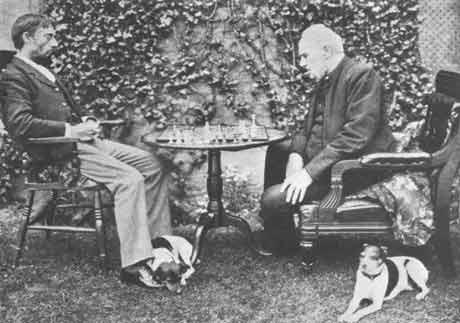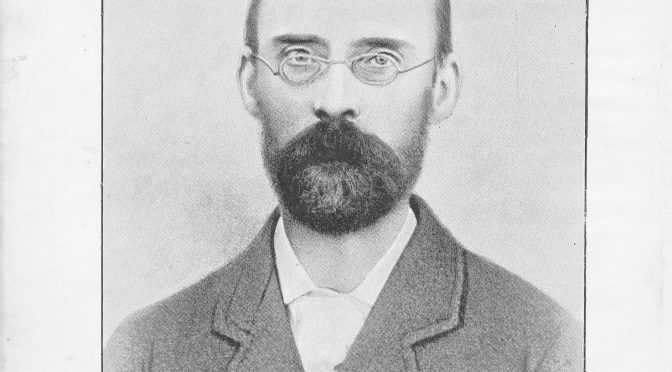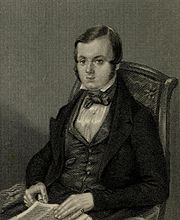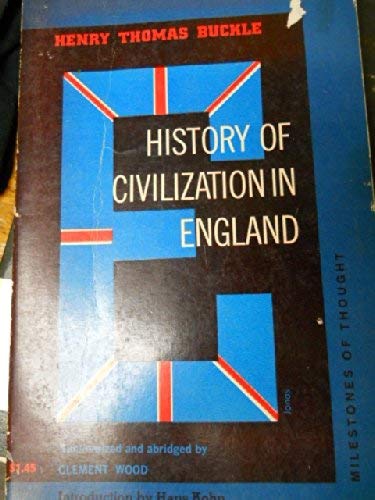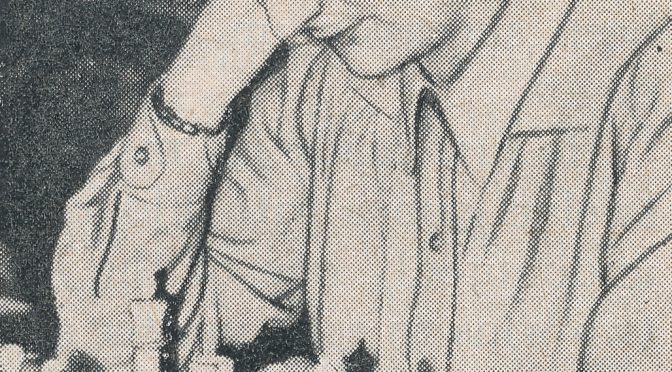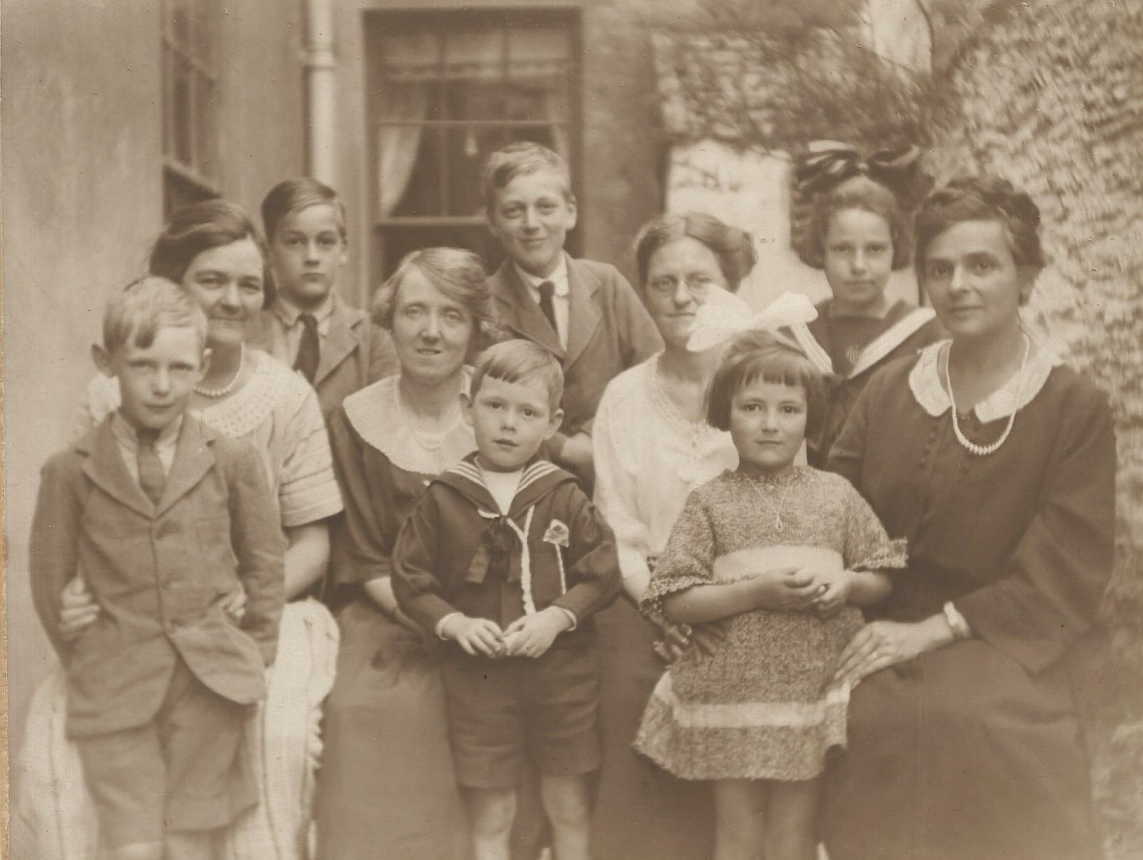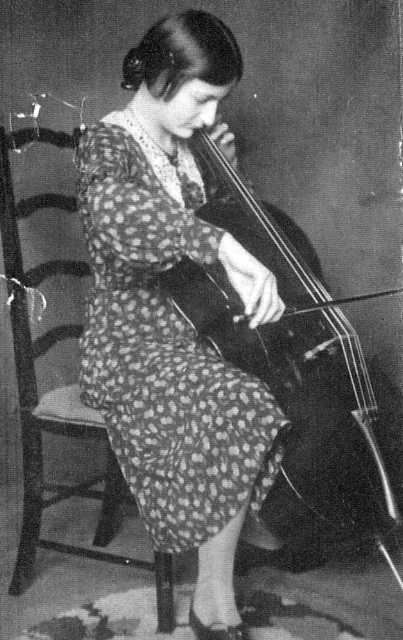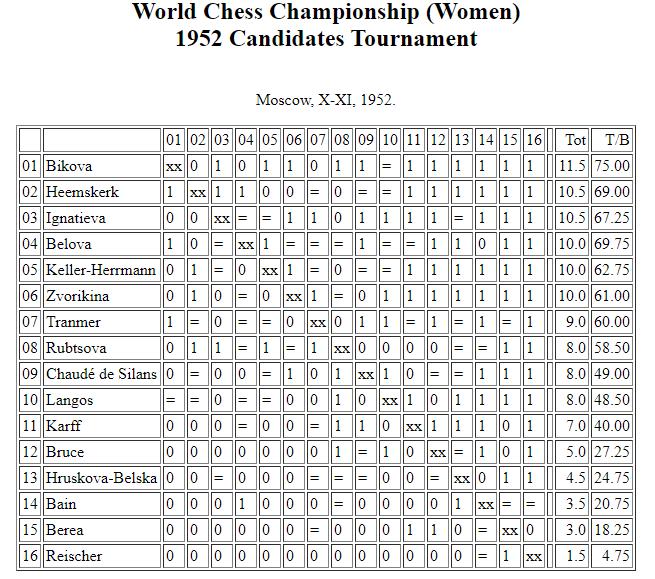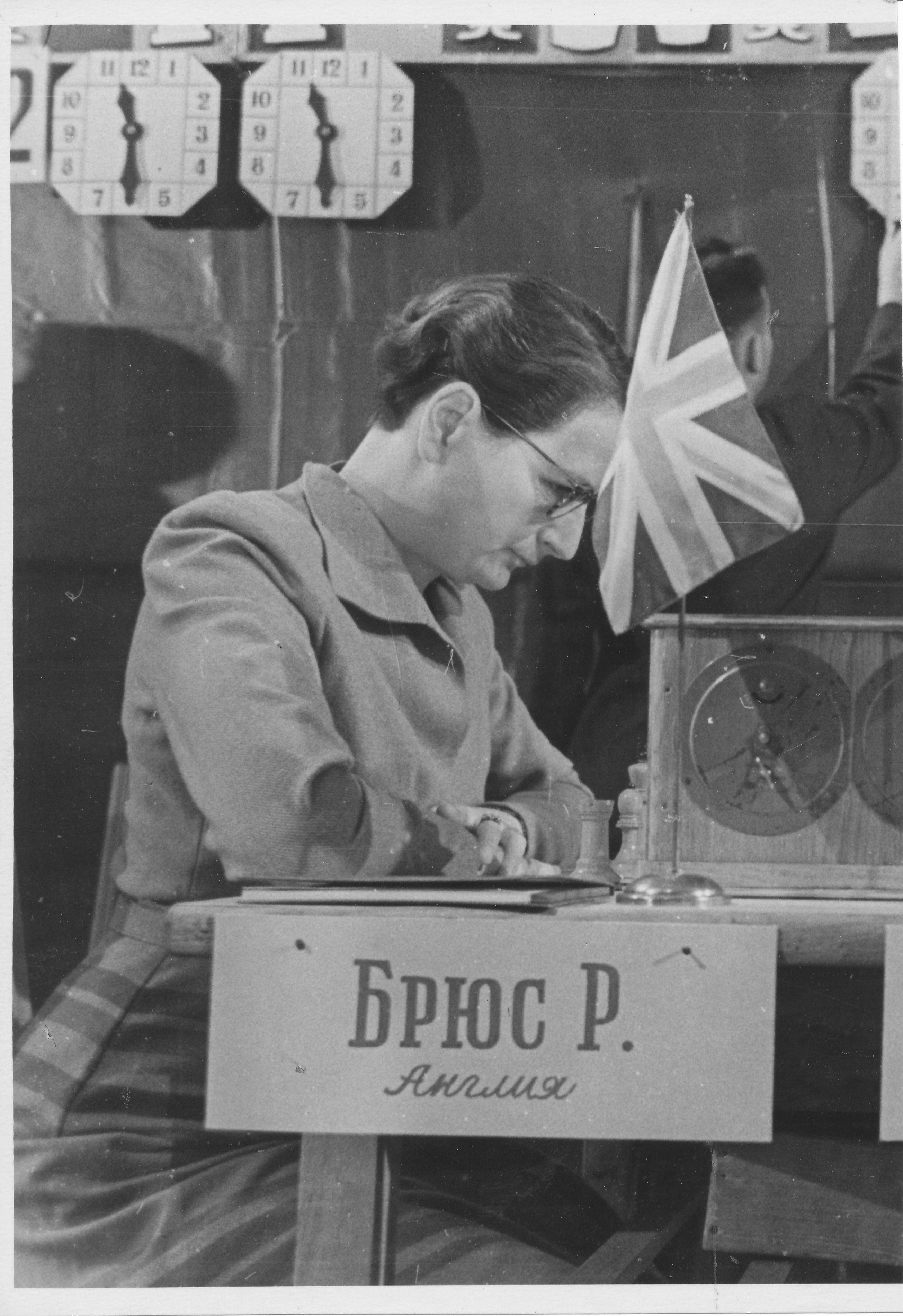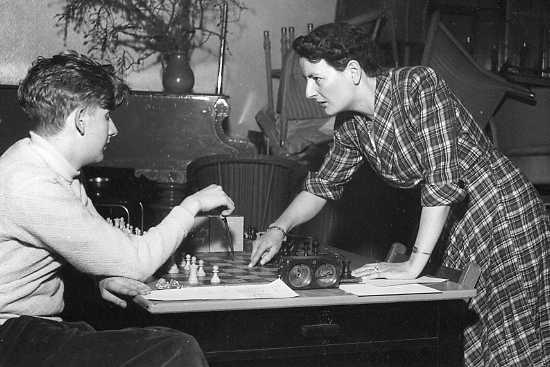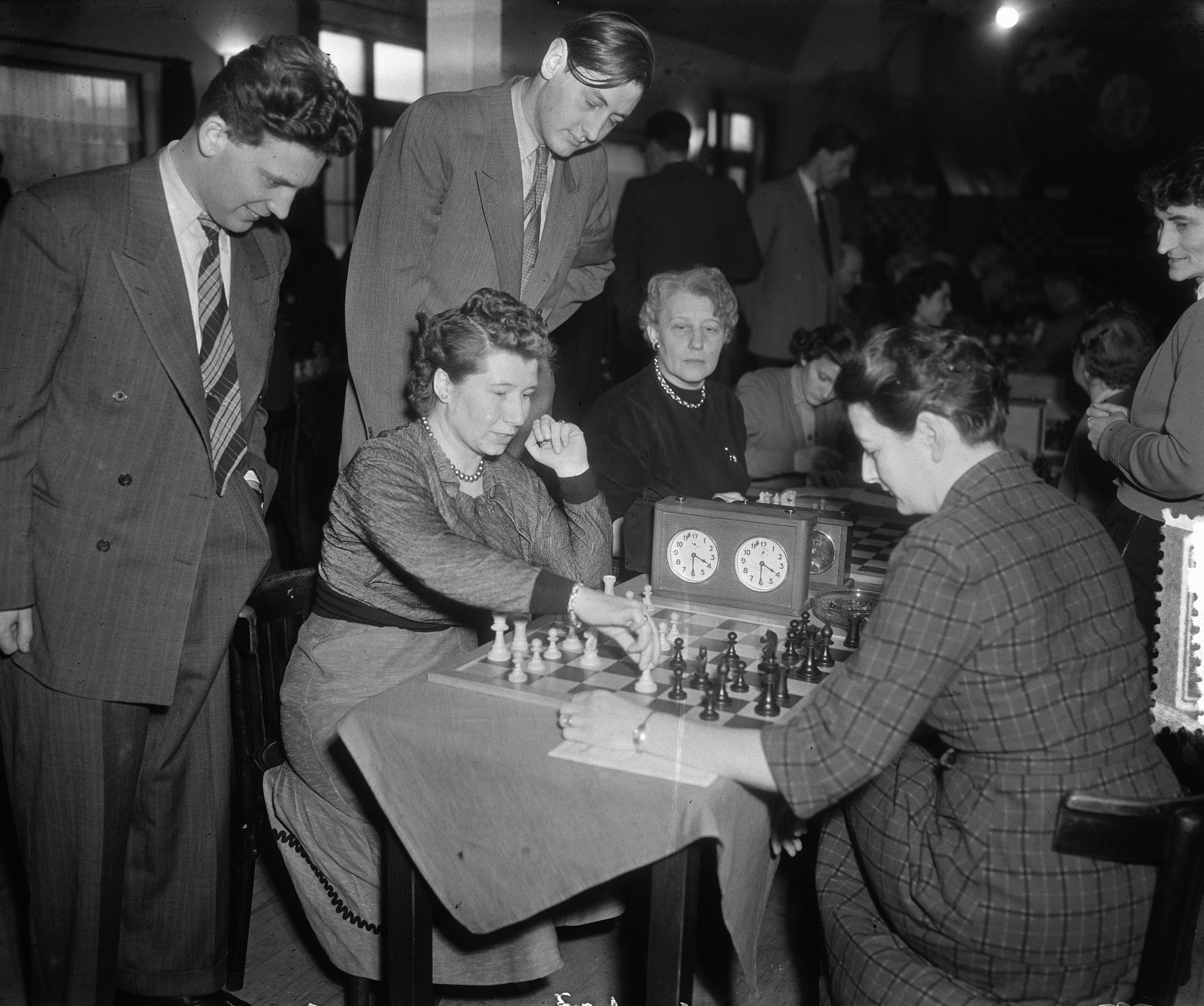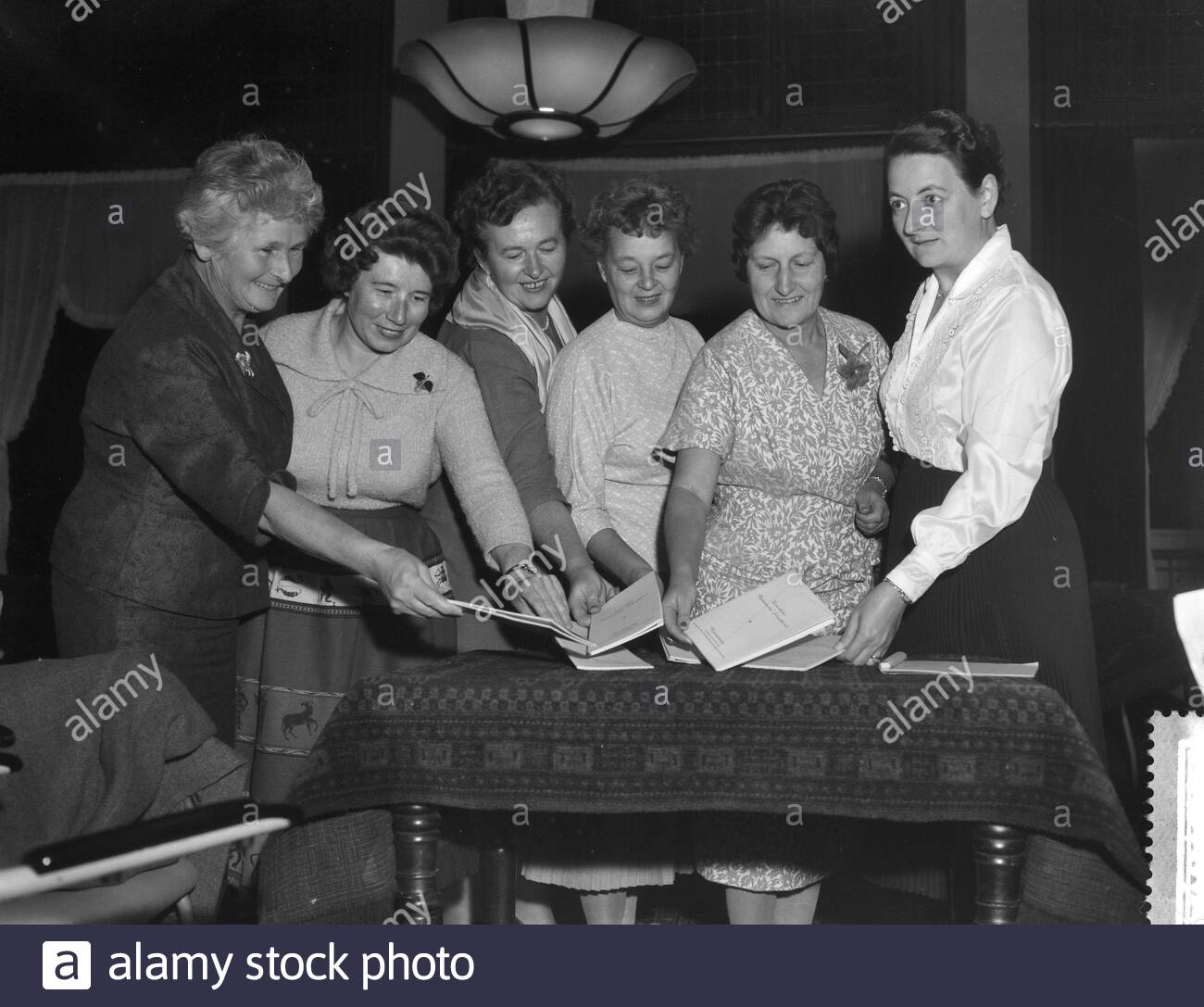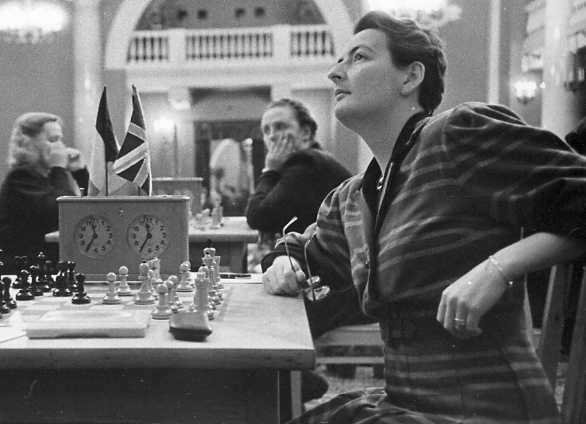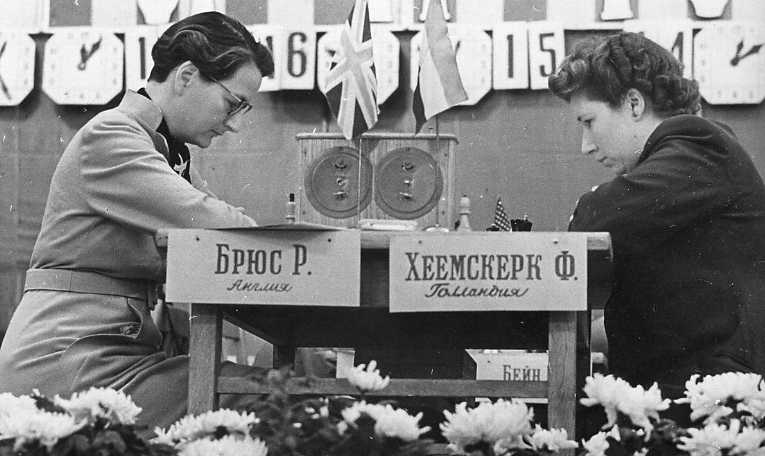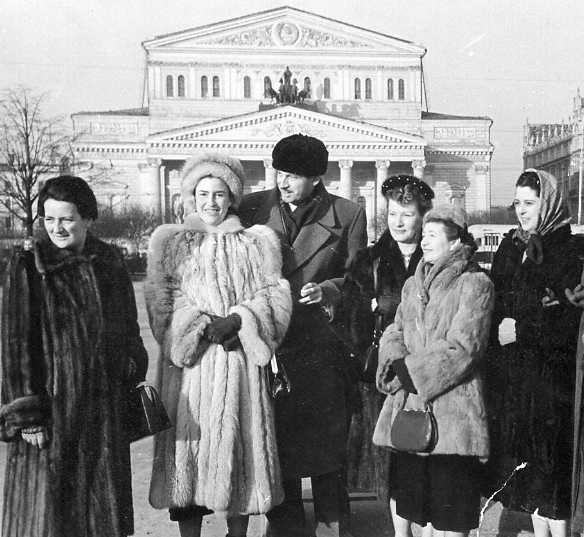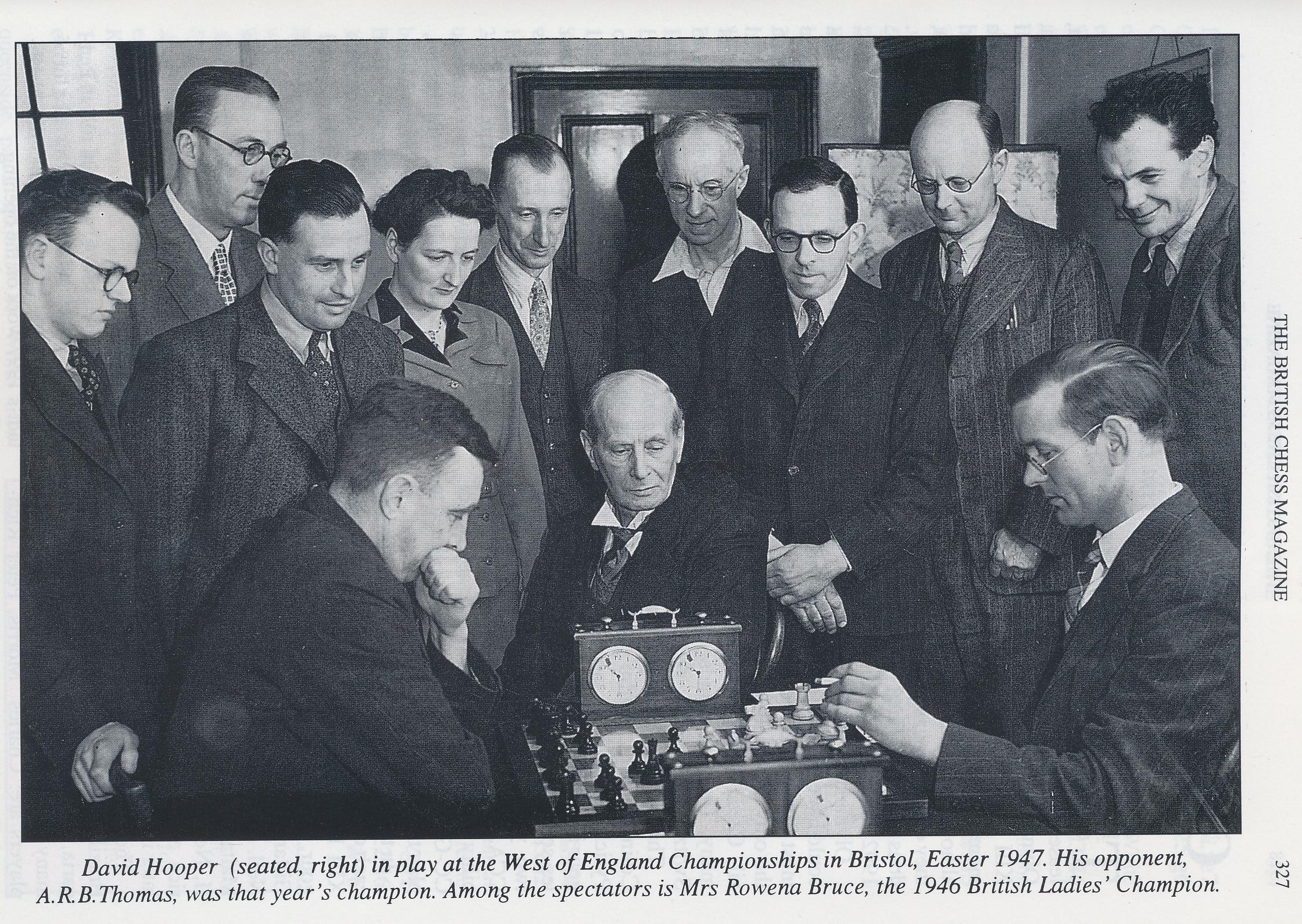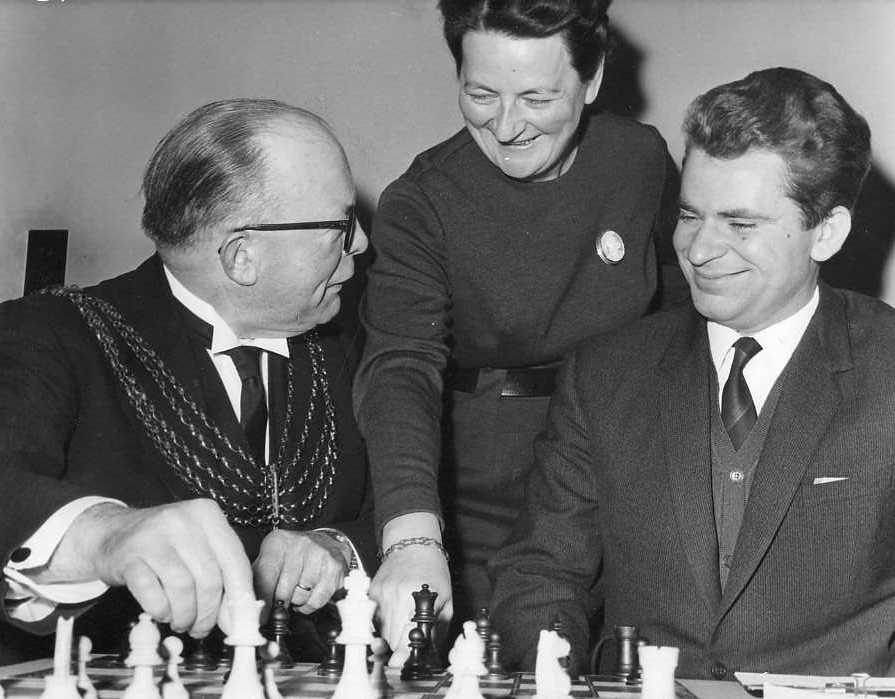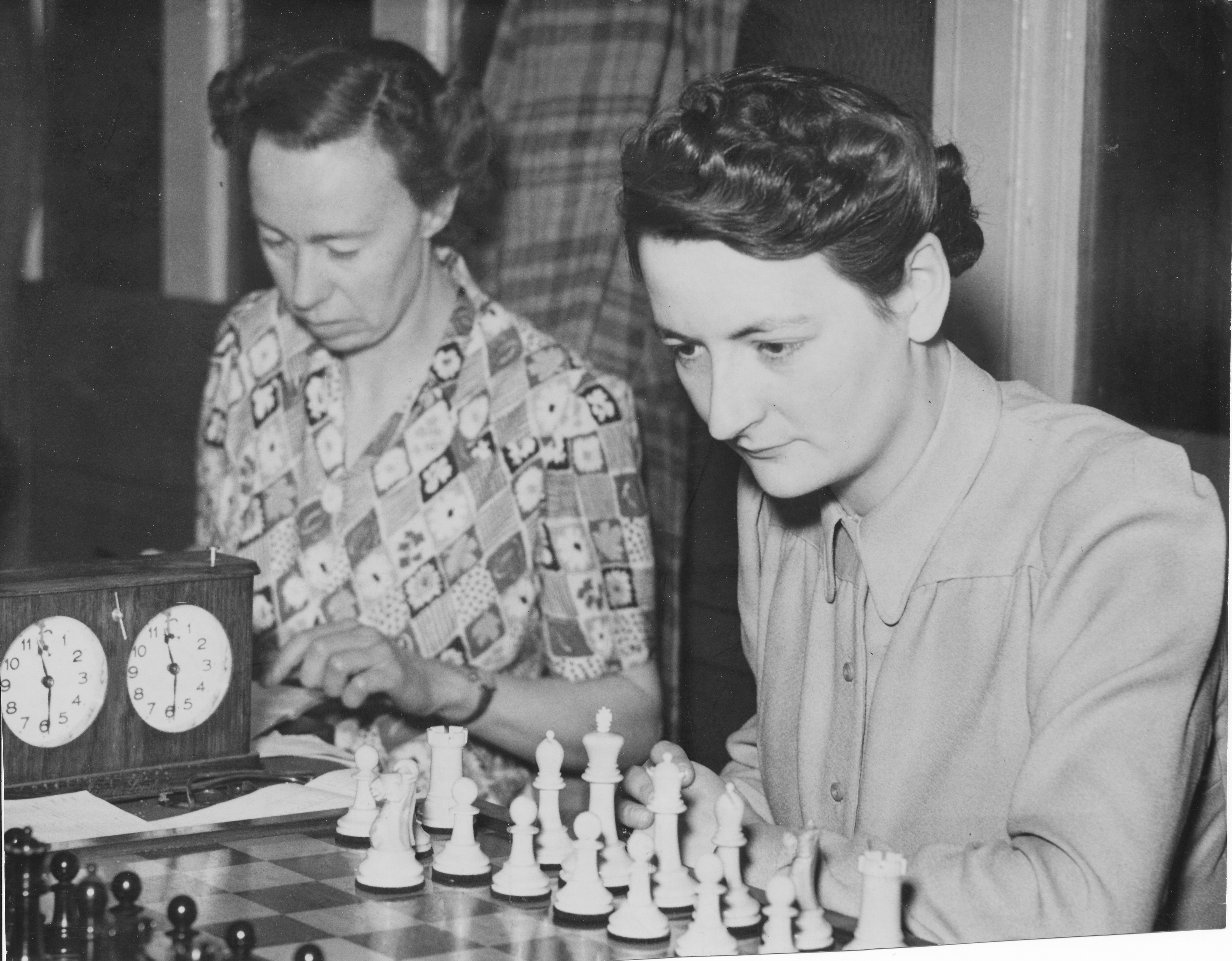We remember Amos Burn who passed away on November 25th, 1925.
Amos Burn was born in Kingston-upon-Hull on Sunday, December 31st 1848 to Amos and Mary Burn (née Webster). His father is recorded as a merchant. Amos and Mary were residents of Bourne Street at the time of the birth.
On February 15th 1849 Amos was baptized in All Saints Anglican Church, Sculcoates, Kingston-Upon-Hull
Amos married Martha Ann Jäger in Birkenhead on Dec 27th 1879. They had two daughters Elsie Martha, born 24th Oct 1880 and Hilda Marian, born 26th Oct 1881.
For further detail of ABs family please consult the excellent Amos Burn : A Chess Biography by Richard Forster
In 2006 an article by WD Rubinstein was published in the Oxford Dictionary of National Biography
From The Oxford Companion to Chess (OUP, 1984), Hooper & Whyld :
“One of the world’s top ten players at the end of the 19th century. Born in Hull : he learned chess when 16, came to London at the age of 21, and rapidly established himself as a leading English player, A pupil of Steinitz, he developed a similar style; both he and his master were among the world’s best six defensive players, according to Nimzowitsch. Not wishing to become yet another impecunious professional. Burn decided to put his work (first a cotton broker then a sugar broker) before his chess, and he remained an amateur. He made several long visits to America, and was often out of practice when he played serious chess.
Until his thirty-eighth year he played infrequently and only in national events, always taking first or second prize. From 1886 to 1889 he played more often. In 1886 he drew matches with Bird (+9-9) and Mackenzie (+4=2-4); at London 1887 he achieved his best tournament result up to this time, first prize (+8—1) equal with Gunsberg (a play-off was drawn +1=3—1); and at Breslau 1889 he took second place after Tarrasch ahead of Gunsberg, After an isolated appearance at Hastings 1895 he entered another spell of chess activity, 1897-1901, The best achievement of his career was at Cologne 1898, first prize ( + 9=5-1) ahead of Charousek, Chigorin, Steinitz, Schlechter, and Janowski. At Munich 1900 he came fourth (+9=3—3). His Last seven international tournaments began with Ostend 1905 and ended with Breslau 1912. A comparative success, in view of his age. was his fourth prize shared with Bernstein and Teichmann after Schlechter, Maroczy, and Rubinstein at Ostend 1906; 36 players competed in this five-stage event, 30 games in all for those who completed the course.
Retired from both business and play he made his home in London and edited the chess column of The Field from 1913 until his death. A shy and retiring man, a loyal companion to those who came to know him, he freely gave advice to young and aspiring players.”
The front cover of the November 1975 issue of the British Chess Magazine featured Amos Burn :
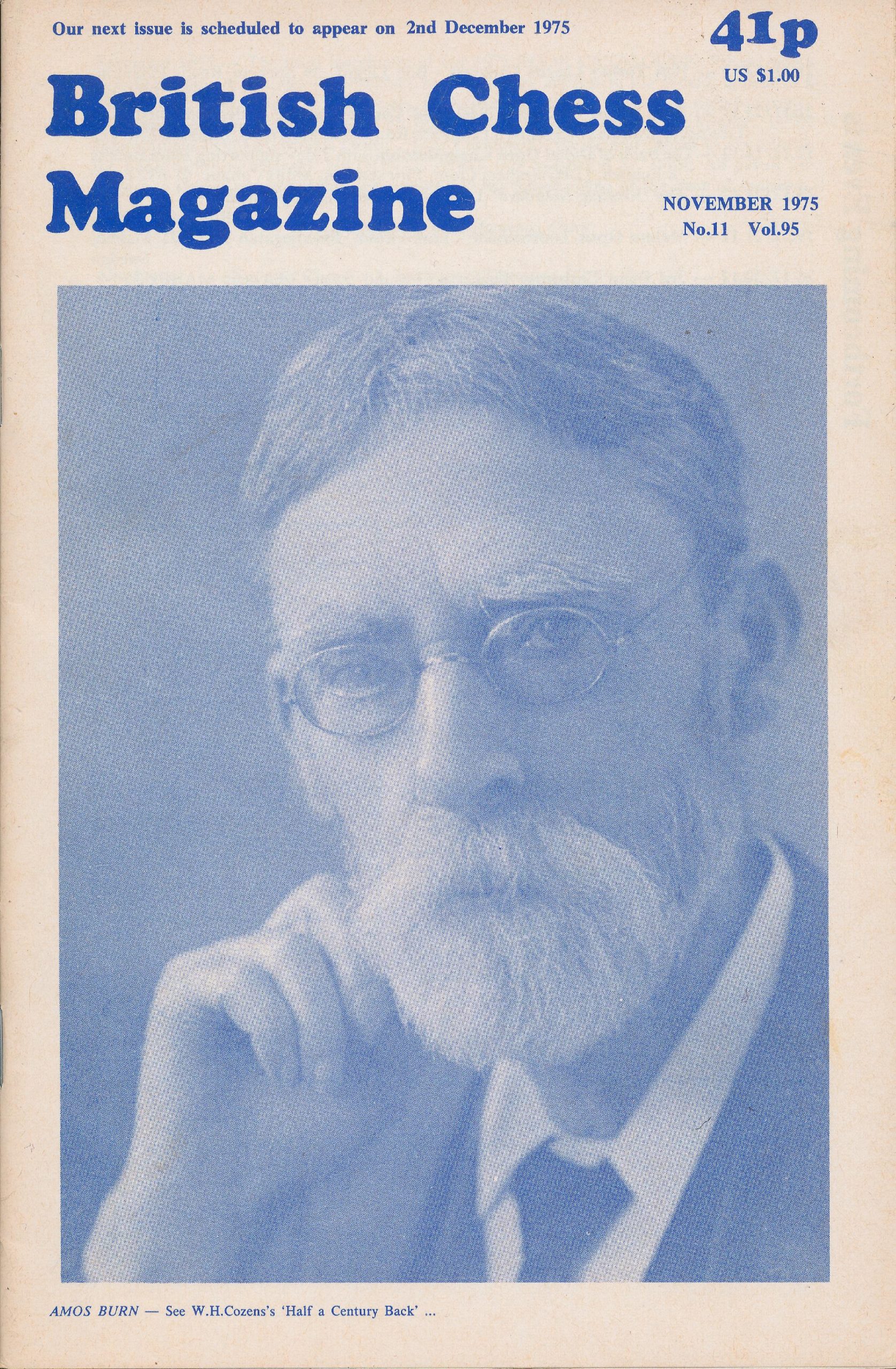
From British Chess Magazine, 1975, November, pp. 481-483 :
Half a Century Back
Chess in 1925
by W.H. Cozens
Amos Burn was a very different figure and his career is poorly documented. He is overdue, not for a reappraisal but simply an appraisal, He was born (in Hull) in 1848 – an incredible 127 years ago. All the years that could have been his prime as a chessplayer he devoted to business. (Marine insurance was his speciality.) He was based in Liverpool but travelled considerably, including several crossings of the Atlantic – quite an undertaking in those days. He played some casual chess, soon overshadowing the Rev. John Owen to become Liverpool’s answer to Manchester’s Blackburne. He also played for the City of London Chess Club; but it was not until he was nearly 40, presumably with his financial position secured, that he entered the international chess arena. Between the ages of 38 and 64 he played in 22 international tournaments. At Breslau (1889) he was second to Tarrasch, above Louis Paulsen, Blackburne, Schallop … In Amsterdam the same year he was first, ahead of Emanuel Lasker. His finest achievement was first place at Cologne 1898, in front of Charousek, Chigorin, Steinitz, Schlechter et al., (16 in all) with a win against Steinitz. The lack of a book on Cologne 1898 is – since the publication of Mannheim 1914′: the biggest gap in tournament literature.
At Karlsbad 1911 he defeated not only the winner, as mentioned above, but also Alekhine, whom he steered into a knight versus bad bishop ending. His style was unashamedly modelled on that of Steinitz, and marked by extreme tenacity. To him is attributed the epigram ‘He who combinates is lost’. He could play a combination when in the mood but he much preferred to let the opponent break his own back by attacking too impetuously. Nimzowitsch wrote: ‘The number of really great defensive players is very small’, adding that he knew of only six: Steinitz, Emanuel Lasker, Burn, Bernstein, Duras and Louis Paulsen.
In the 1911 Cable Match between G.B. and the U.S.A. Marshall came from San Sebastian straight to London and asked permission for his top board game to be played over the board. When he found that his opponent was to be the 64-year-old Amos Burn he must have smiled, for he had twice defeated him resoundingly – at Paris 1900 (also having some fun at Burn’s expense in his annotations to the game) and again at Ostend 1905. This time he was in for a shock. Within twenty moves the old man had won his queen for two pieces. Marshall played on, probably with a red face, until move 37, rather than have his loss cabled home too early. Against Burn he might have spared himself the trouble.
Burn was a superb annotator. His work, notably in ‘The Field‘ from 1913 on, sets a standard to which one looks back nostalgically in these days of hieroglyphics. The day before he died, at the age of 77,he had been at work on analysis and annotation. Tournaments were now plentiful enough for it to be possible to pick out the band of regular professionals, and to assess their prowess. Tartakower was placed 2, 5, l, 5; Reti 5, 5’ 5,-11; Grunfeld 4,8,8,9; Nimzowitsch was erratic with 1,2,9; so was Rubinstein with 1, 2, 3, 12. Marshall was consistent with 3, 4, 5. Lasker, Capablanca and Alekhine appeared once each – with distinction, of course.”
The Burn Variation is a line in the french defence dating from the 1870s, played regularly by Burn at the tournaments of Hastings
1895, Cologne 1898, and Vienna 1898. More recently it has been favoured by Petrosyan.
From The Encyclopedia of Chess (Robert Hale, 1970 & 1976), Anne Sunnucks :
“A leading British player of his day, Amos Burn was born in Hull on 31st December 1848. He learned the game when he was 16 and an apprentice with a firm of Liverpool cotton-brokers, but it was not until 1886 that he achieved his first major tournament success by coming 2nd in the London tournament and 1st at Nottingham. These results gained him an invitation to Frankfurt 1887, which marked the beginning of his career as an international player.
Burn’s greatest successes were 1st at Amsterdam 1889, ahead of Lasker, 2nd at Breslau 1889, behind Tarrasch but ahead of Mieses, Von Bardeleben, Bauer, Gunsberg and Paulsen; and 1st at Cologne 1898, ahead of Charousek, Steiniitz, Tchigorin and Schlecter.
After the St. Petersburg 1909 tournament, Burn’s results began to deteriorate and he finally retired from tournament chess after the Breslau 1912 tournament.
From 1913 until his death, Burn was chess editor of The Field. He died on 25th November 1925.”
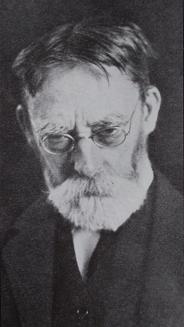
From The Encyclopedia of Chess (Batsford, 1977), Harry Golombek OBE :
“British Grandmaster and second only to Blackburne in late nineteenth-century British chess. He was born in Hull and learned to play chess at sixteen, but devoted little time to the game at first, preferring to establish himself in a commercial career.
He returned to chess in his middle thirties, his first major national success being first prize at Nottingham 1886 and second prize at London 1886. Within three years he had gained an international reputation by winning at Amsterdam 1889, ahead of Lasker, and finishing 2nd to Tarrasch at Breslau 1889. Burn continued to appear in international tournaments until the age of sixty-four, his most notable triumph being first prize at Cologne 1898 in front of Charousek, Steinitz, Chigorin and Schlechter. He was chess editor of The Field from 1913 until his death in 1925.”
Edward Winter wrote a feature article on the game McDonald-Burn, Liverpool, 1910
According to Edward Winter in Chess Notes Burn lived at 19 Luxemburg Gardens, London W6, England (Amos Burn, The Quiet Chessmaster by R.N. Coles, page 7).
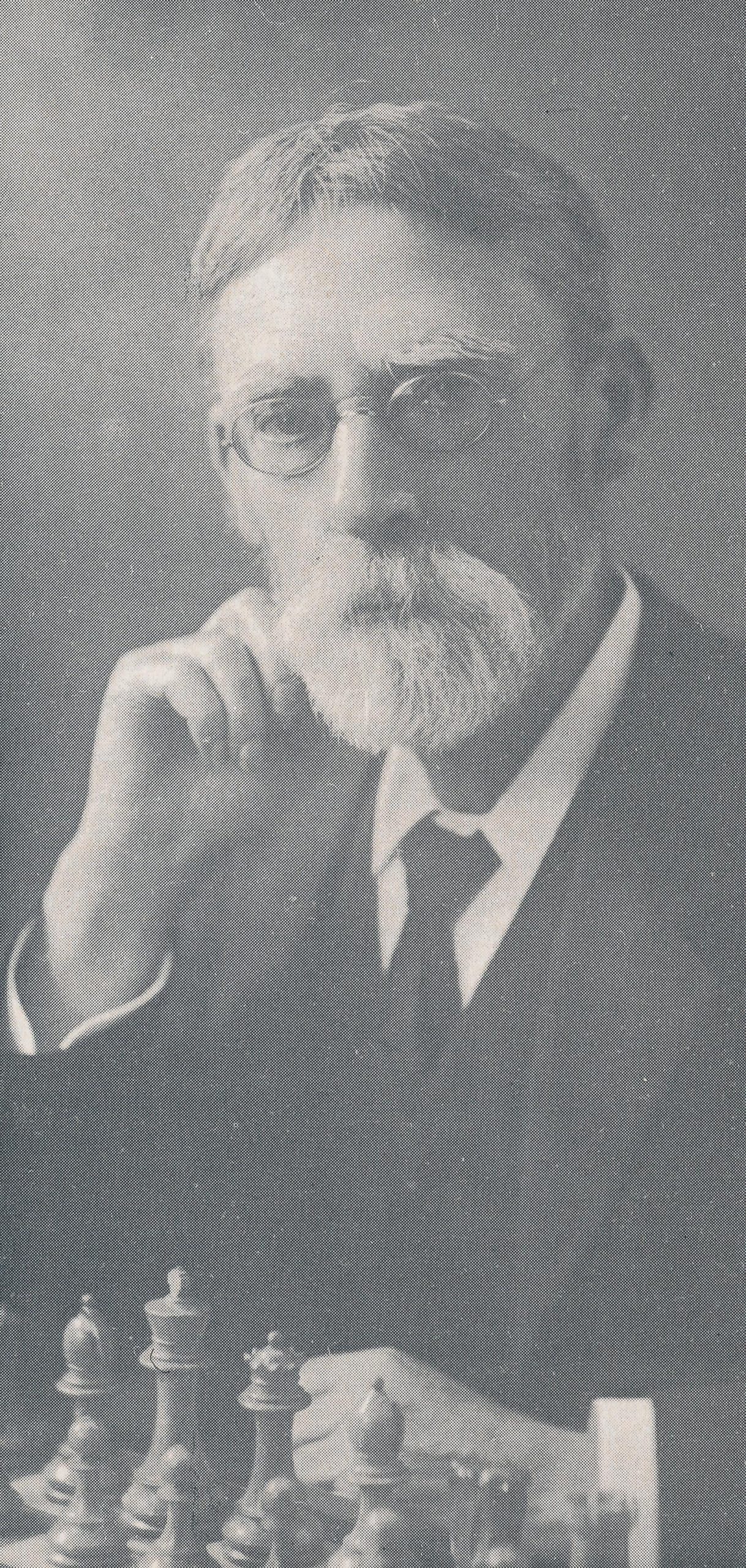
and an excellent article from the Liverpool Museum is here
